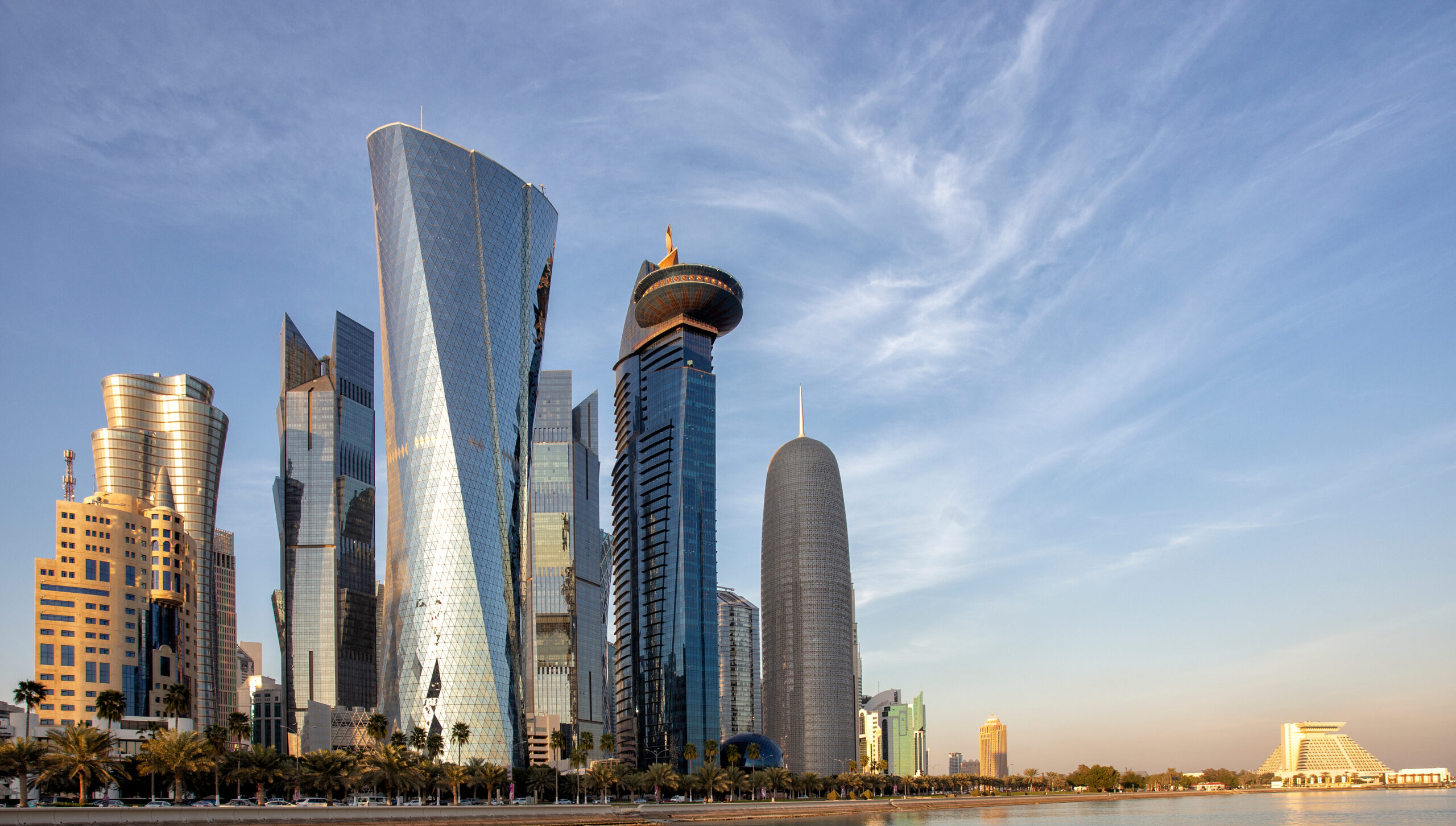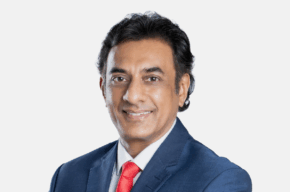By Divya Doshi, Managing Director, Sales, Middle East and Asia
Private market investments (private equity, private debt, real assets and direct/co-investment strategies) have emerged as the primary route for long-term capital deployment around the world. Over the last decade, these ‘alternative’ asset classes have evolved from niche, opportunistic plays to mainstream allocations for institutional investors, driven by illiquidity premium, the pursuit of returns, and fundamental shifts in how businesses are financed and developed.
Spotlight on the Middle East region
The Middle East is no longer a peripheral player in the private markets’ narrative. Regional assets under management (AUM) in private equity and associated alternatives have increased significantly. The ME private equity market is projected to grow from USD 45.61 billion in 2025 to USD 75.51 billion by 2030, reflecting a compound annual growth rate (CAGR) of 10.61%.
This growth is supported by regulatory reforms that have improved fund domiciliation and investor projections. Sovereign balance sheet strength and diversification, particularly from the regional sovereign wealth funds (SWFs), continue to drive capital deployment into direct investments, co-investments and net asset value (NAV) financing. Additionally, rising local capabilities are enabling more sophisticated fund structuring, governance and reporting standards.
The region’s private markets ecosystem is maturing rapidly, with the average fund size in 2024 peaking at USD 262 million, a 65% increase from 2022, and maintaining strength into 2025 with a YTD average of USD 185 million. This signals a shift toward fewer but larger, institutional-grade vehicles.
Key sectors attracting capital include energy transition and renewables, infrastructure, real estate (logistics and urban residential), fintech and financial services, and private credit solutions that address lending gaps in many jurisdictions.
Regulatory reforms raising market sophistication
Regulatory modernisation in the Gulf (particularly through burgeoning international financial centres such as ADGM and DIFC in the UAE), has significantly improved the fund domicile landscape. These reforms have made it easier to domicile funds locally, attract international investors and implement the best global practice in governance and AML/KYC compliance.
Clarified treatment of family offices and incentives for fund managers to establish regional operational bases have enhanced deal origination, due diligence capacity, and the growth of local servicing industries. These developments have reduced friction in cross-border capital flows and strengthened limited partner/general partner (LP/GP) relationships across the region.
Institutional behaviour and strategic shifts
SWFs and prominent family offices are shifting from passive fund-of-funds allocations to more active dealmaking, expanding co-investments, direct stakes and anchor investments to gain influence and reduce costs. Pension funds and insurers, where permitted, are beginning to explore private credit and infrastructure to meet long-term obligations.
Challenges and future opportunities
Despite the momentum, challenges persist. Political and geopolitical risks, limited exit markets in certain countries, foreign exchange and repatriation restrictions, and capacity gaps in mid-market deal execution all dampen investor enthusiasm.
Nonetheless, the opportunity set is significant. The emergence of regulated platforms and third-party management companies is helping fund managers scale efficiently while meeting compliance and governance standards.
If reforms persist and managers address governance and operational shortcomings, the Middle East could capture a sizeable portion of global private capital allocations.
Middle East and the future of private markets
The region is at an inflection point. With deeper capital pools (particularly SWFs), improved legal frameworks and growing local management expertise, the Middle East is transitioning from a passive investment destination to an active architect of private market solutions. It is poised to shape the next chapter of global private markets, given its rising sophistication in deal structuring, fund domiciliation and investor engagement.
To unlock the region’s full potential, global managers and institutional LPs must collaborate constructively with local partners, prioritise governance and exit strategies, and adopt patient capital approaches.
Let’s continue the conversation
To continue this conversation and explore the evolving sophistication of private markets in the region, we’re hosting our latest Dubai series event on the same topic. Taking place on 6 November at DIFC, this gathering will bring together regional leaders, investors and fund managers to share insights and discuss the challenges and opportunities shaping the next chapter of private capital in the Middle East.
Stay tuned for highlights and key takeaways from the event.
At IQ-EQ, we deliver bespoke administration, compliance and reporting solutions tailored to individual needs. Contact us today to discover how our specialist team in UAE can meet your requirements.





